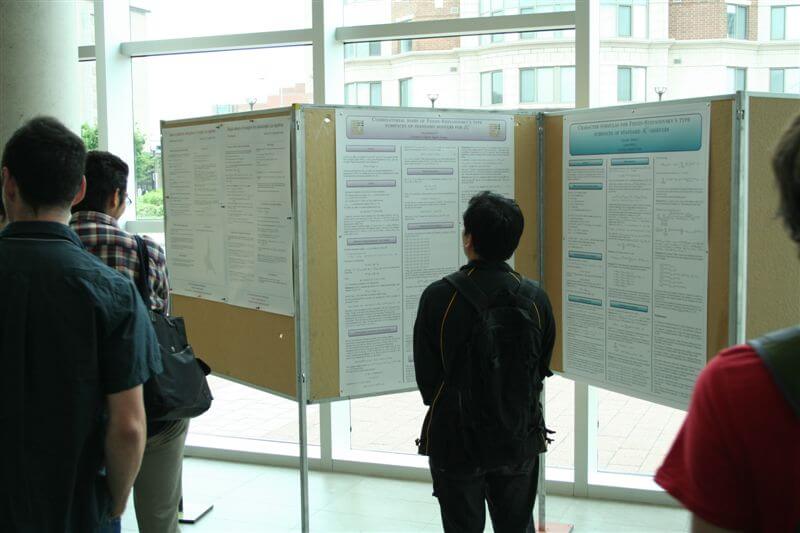How to Submit Papers to Conferences

As a graduate student, you should participate in as many conferences as you can because participating in conferences combines the best of all academic opportunities: networking with other colleagues and professionals in your field, having your work reviewed by peers, and having your work published in conference proceedings. If you already know how to submit a paper for a conference, then you know that submitting papers to conferences is easier than you think, but accepting the amount of rejection you will more than likely face is the hard part. Nevertheless, you should assure yourself ahead of time that being accepted to present at just one conference is worth being rejected for a slew of other conferences. Once you have accepted this, then you can use the following six steps as a guide to how to submit a paper to a conference:
1. Find conferences with open calls for papers.
You can use websites, search engines, and professional organizations to search for conferences with open calls for papers. You can search by conference topic or by area of specialization, conference location, etc. Many organizations will specify on their websites exactly how to submit a paper for their conference.
2. Write proposal.
You will have to write a proposal for your paper. Presentation proposals are similar to paper abstracts (i.e., 350 words or less), but each conference typically has unique requirements for its proposals. You should read all conference requirements for proposals before you begin writing your proposal. You may have to change your proposal to meet the requirements of each conference to which you are submitting.
3. Submit proposal.
You will probably be submitting your proposal electronically, so be sure that you submit any documents in the form required. If you are accepted to present at a conference, someone from the conference will probably contact you by email.
4. Present paper.
Depending on your field of study, you may use a script to help you present your research, or you may use visual aids like PowerPoint presentations or posters to help you present. You will need to design and practice your presentation ahead of time, making sure to stay within the time frame that the conference has allotted for your presentation.
Browse More on PhDStudent
DURING THE CONFERENCE What should I bring to my presentation? First, always double check your room location. Sometimes room locations change or …
Conferences are a great way for graduate students to learn about academia and expand their network. The conference environment is uniquely suited …
If you look around, many job hunting opportunities are available to us now, including university-sponsored career fairs and job fairs in the …
Going to a conference soon? Make use of your time by introducing yourself to others in your field. Don’t be shy! Going …
About to give a paper talk at a conference? Here are some solid tips to ensure success: Practice, practice, practice It doesn’t …
Are you about to present a poster at a research conference? Here are some tips to ensure a great poster session: Know …
Presenting your research at a conference? Should you present a poster or a paper? Here are some pros and cons of both. …
If you have never written a research proposal before, you might be wondering why it is an important and necessary part of …








0 comments